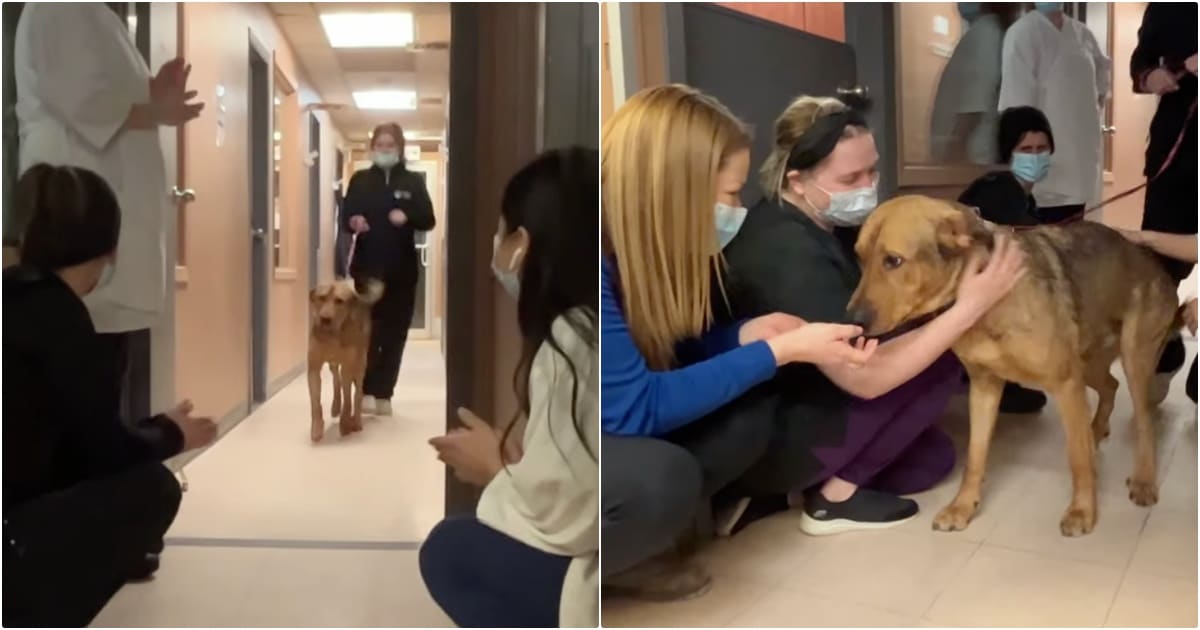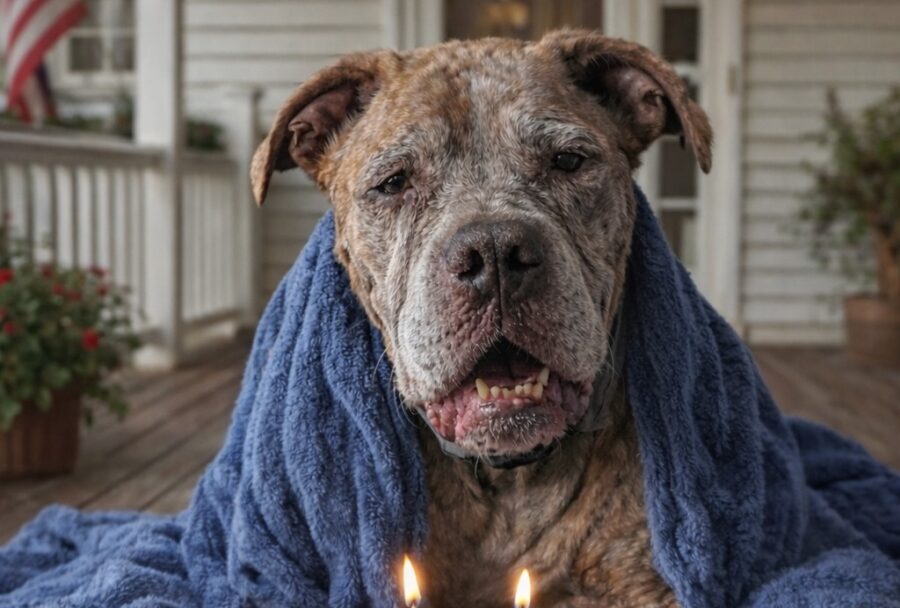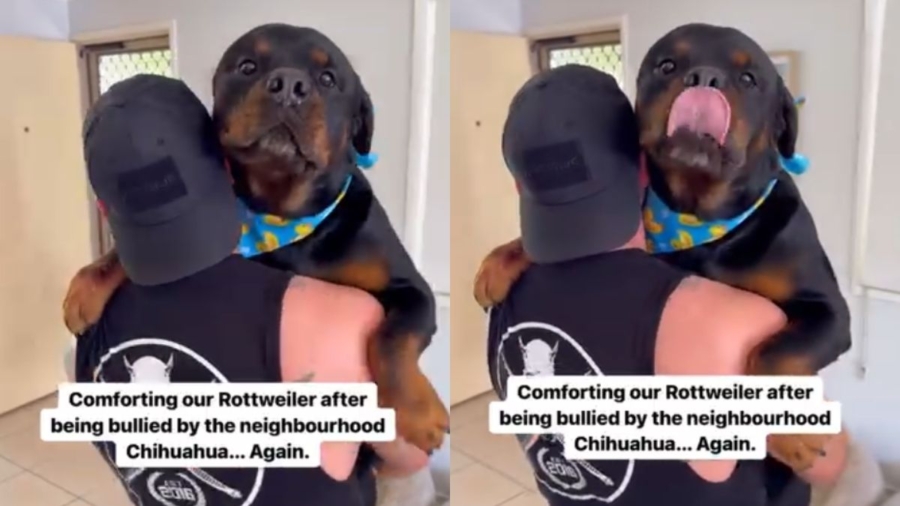In short:
The parents of conjoined twins in PNG are desperately trying to send their babies to Germany for surgery after hopes to receive treatment in Australia fell through.
The family had initially hoped to send the babies to Sydney for surgery but said they were told it was too expensive.
A medical charity that helps children receive treatment in Australia said it could not assist because the chance of survival was “very low”.
The parents of conjoined twins in Papua New Guinea who had hoped to send their babies to Sydney for surgery are now desperately trying to go to Germany instead, saying Australia is too expensive.
Male twins Tom and Sawrong were born on October 9 in remote PNG, joined at the lower abdomen.
The boys share a single liver and portions of their gastrointestinal tract. One twin also has a congenital heart defect and only one kidney.
Tom and Sawrong are joined at the lower abdomen. (ABC News: Supplied)
They are currently receiving care in Port Moresby’s public hospital, which is not equipped to handle complex neonatal cases.
Conjoined twins are extremely rare, accounting for just one or two in every 100,000 births. Most cases result in miscarriage or stillbirth, and even when born alive the twins have a small chance of survival.
Last week it was reported that the twins were expected to be sent to Sydney for further medical treatment — but the ABC can now reveal these plans are in doubt.
Mother Fatima Tinga had a C-section in remote Papua New Guinea to give birth to her conjoined twins (ABC News: Marian Faa)
The twins’ mother, Fatima Tinga, said she was worried about her sons.
“I really need our doctors to work quickly on my babies to save their lives,” the 33-year-old said.
“It has become obvious that they are in a condition where anything can happen, and I just hope things move a little faster.”
Sending babies to Sydney a ‘cost that is far too high’
Doctors in Port Moresby sent a referral enquiry to the Sydney Children’s Hospital last week, but the ABC has been told that will not go ahead.
“The Sydney Children’s Hospitals Network is in regular contact with Port Moresby General Hospital and understands the referral is no longer proceeding,” a spokesperson for the Sydney Children’s Hospital said.
Ms Tinga said doctors in Port Moresby told her it was too expensive to send the children to Australia.
“It would be at a cost that is far too high, so they said they are looking at other avenues,” she said.
Mother Fatima and father Kevin seen looking at their newborn conjoined twins. (Supplied)
Australia’s Department of Home Affairs says patients seeking a visa for medical purposes usually have to pre-arrange payment of medical bills.
“This is to show that it will not cost money to an Australian government or public authority,” the Home Affairs website states.
“You can show this with written proof from a public or private hospital. This must confirm that it has approved your treatment and arrangements to pay all the costs.”
The twins have a “very low” chance of survival. (Supplied)
Enquiries are now being made to send Tom and Sawrong to a major university hospital in the German city of Freiburg.
Jurgen Ruh, a pilot and the chief executive of Mountain Area Medical Airlift foundation in Papua New Guinea, flew the twins to Port Moresby earlier this month and is coordinating with the Freiburg University Medical Center.
A doctor from the German hospital told the ABC it was evaluating how it could help with surgical expertise.
Jurgen Ruh flew the conjoined twins from Lae to Port Moresby and has been assisting the family. (ABC News: Marian Faa)
Mr Ruh said the hospital had agreed in-principle to treat the twins free of charge, but official documents including visas and referrals still needed to be finalised and accepted.
Arrangements also need to be made with commercial airlines to allow oxygen and an incubator on multi-leg flights to Germany.
The type of incubator that would be used to transport the twins. (Supplied)
“We need to move on because the more we wait, the higher the risk is of losing one of them,” Mr Ruh said.
His determination to help the newborns was fuelled by a touching moment when he locked eyes with the youngest twin a few days after their birth.
“He looked straight into my eyes, and he had that expression in his face like he was trying to say, ‘I just want to live,'” Mr Ruh recalls.
“It was a powerful moment and I’m determined to get them through.”
Charity says it cannot help because of ‘low likelihood of survival’
Mr Ruh, the parents and the doctors in PNG are anxious for the twins to be separated — a highly specialised procedure that in theory would give Tom and Sawrong the best chance of survival.
However, there is some uncertainty about whether the twins would survive the surgery.
Father Kevin Mitiam is a twin himself, and hopes his newborn sons will both survive. (ABC News: Marian Faa)
The Rotary Oceania Medical Aid for Children (ROMAC), a charity which helps children from developing countries receive treatment in Australia and New Zealand, said it was not able to provide support.
It said it had made enquiries about the twins’ treatment but could not help due to the complexity of the case.
“It became clear that the twins’ condition was extremely serious, with a very low likelihood of survival,” ROMAC chair Glenys Parton said.
“With great regret, we advised that ROMAC would not be able to assist were a referral to be made.
“These situations are deeply distressing for everyone involved, and decisions not to assist are made only after careful consideration and with heavy hearts.”
Australia’s Department of Foreign Affairs and Trade said it had been liaising closely with stakeholders in PNG and Australia at the request of the PNG government.

:max_bytes(150000):strip_icc():focal(749x0:751x2)/Baby-found-alone-on-NYC-subway-platform-102025-39920c26cc6f4969bad33fc620a718db.jpg?w=1200&resize=1200,0&ssl=1)
:max_bytes(150000):strip_icc():focal(999x0:1001x2):format(webp)/bella-brave-tiktok-transplant-081023-tout-e2fc0d921f1848f497811d97fc002ed2.jpg?w=1200&resize=1200,0&ssl=1)


:max_bytes(150000):strip_icc():focal(762x188:764x190):format(webp)/goff-triplets-lelan-bennett-william-goff-060225-2264668a6ee5446595ed5f4dcd6e59e1.jpg?w=1200&resize=1200,0&ssl=1)
:max_bytes(150000):strip_icc():focal(749x0:751x2):format(webp)/Vencent-Hickerson-111925-6-f70136ab95854fed905274e761d98e0f.jpg?w=1200&resize=1200,0&ssl=1)











:max_bytes(150000):strip_icc():focal(749x0:751x2):format(webp)/Christianna-Apps-5-121825-ae06cb988405460987109364d7c522c3.jpg?w=1200&resize=1200,0&ssl=1)












:max_bytes(150000):strip_icc():focal(899x646:901x648)/Tatiana-Schlossberg-Jack-Schlossberg-030126-02-ffbc8841a935444d9a68bdeab3cfe504.jpg?w=1200&resize=1200,0&ssl=1)

:max_bytes(150000):strip_icc():focal(945x312:947x314)/princess-eugenie-princess-beatrice-prince-andrew-101725-8cc56d707e11429b954450f483ca8c84.jpg?w=1200&resize=1200,0&ssl=1)






